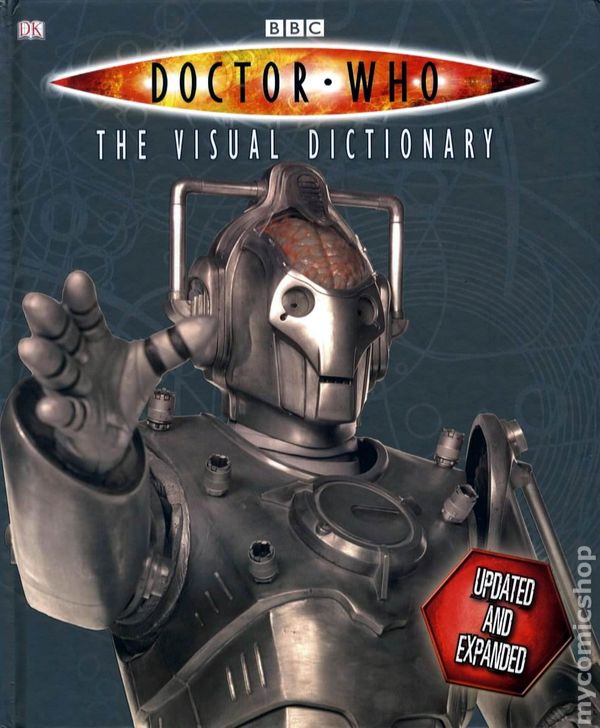Einherjar86
Active Member
Those cannot be universal claims about men or women; they can only ever be historicist claims. Which is fine, but you cannot apply them unilaterally.
And what do you mean by the 2nd wave women have rebelled against their hardcore feminist leadership? Because as far as I'm concerned, the leadership comprised of women such as de Beauvoir have not been left behind.
And what do you mean by the 2nd wave women have rebelled against their hardcore feminist leadership? Because as far as I'm concerned, the leadership comprised of women such as de Beauvoir have not been left behind.







